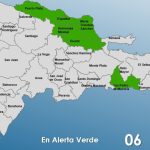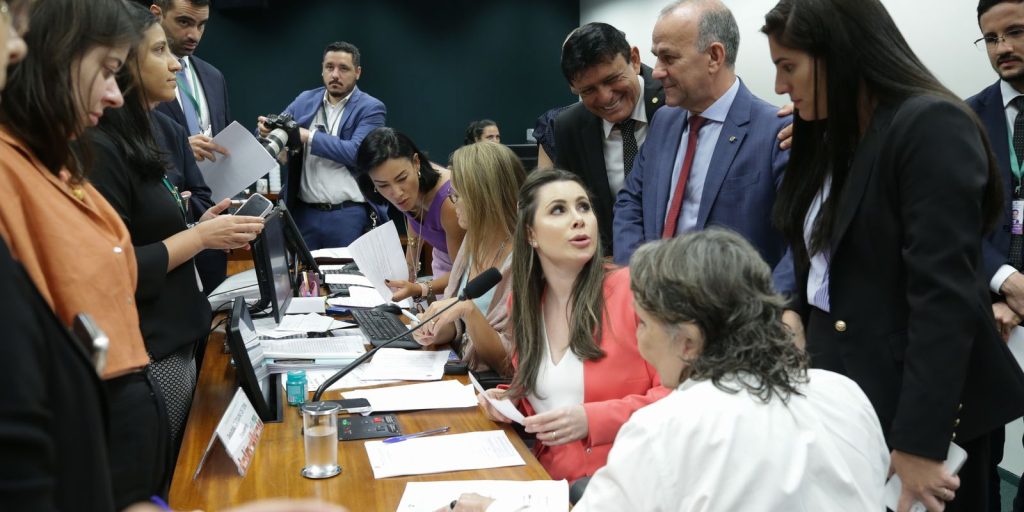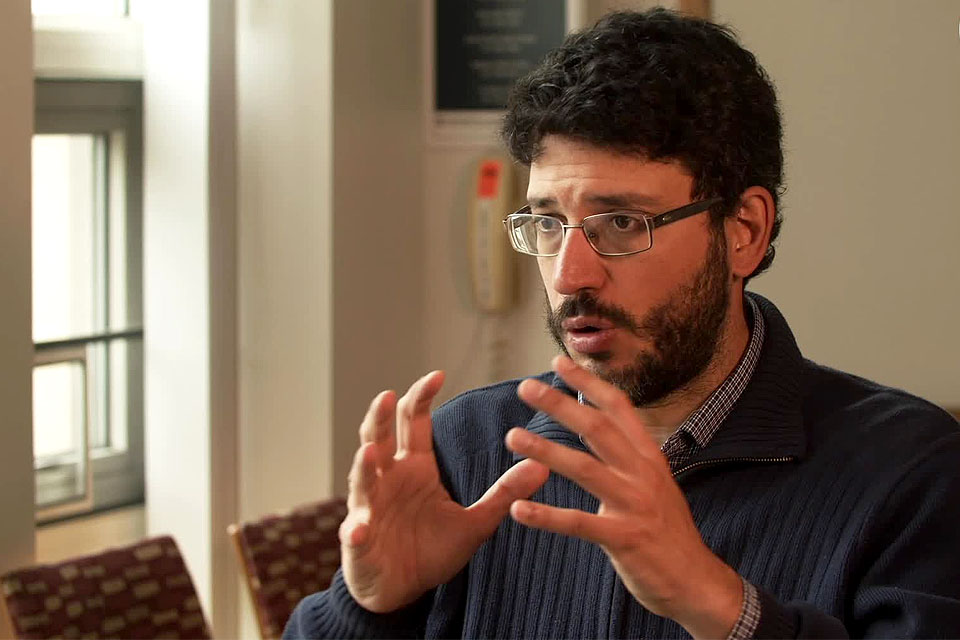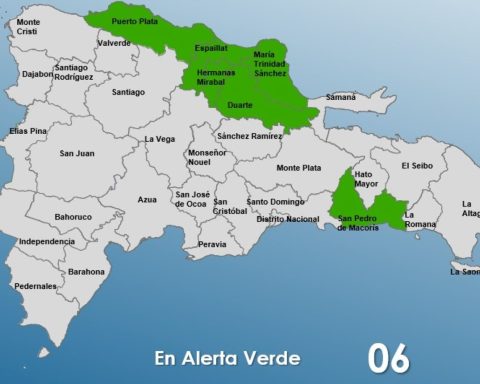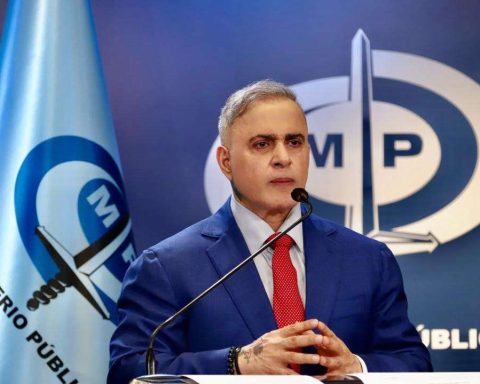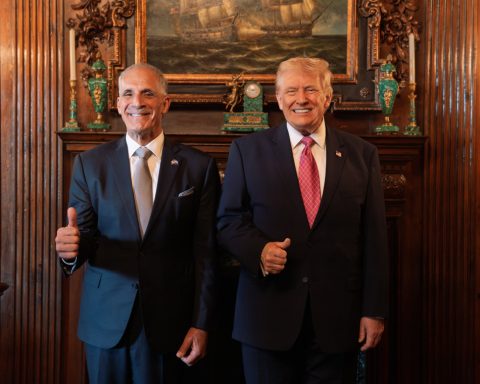November 14, 2024, 4:00 AM
November 14, 2024, 4:00 AM
Given the acute fuel shortage in Bolivia, finally The Government chose to release, for one year, the import and diesel marketing and gasoline.
The measure is reflected in Supreme Decree (DS) 5271, and as indicated by Alejandro Gallardo, Minister of Hydrocarbons and Energy, It is an “exceptional” measure so that private entrepreneurs import and market fuel in the domestic market.
Gallardo indicated that The new DS reaches natural, legal and private persons, such as cooperatives, private entrepreneurs, farmers, mining sectors and suppliers.
“This regulation has been issued in which we put all the conditions and requirements through which this commercialization can be carried out. This can be done privately by the different actors, both public and legal entities. But this does not mean that YPFB is going to stop importing at a subsidized price,” he explained and added that the requirements of DS 4211 on Controlled Substances and DS 5218 are also being eliminated, which only allowed the import of fuels for own consumption. .
Gallardo stressed that This new provision is in response to the request of the different productive sectors who requested to participate directly in the purchase and sale of diesel and gasoline. The authority specified that the regulations of DS 5271 will be announced in the coming days.
The regulations come after the road blockades that heavy transport began yesterday in Santa Cruz and according to the leaders they will continue “until diesel appears.”
Heavy transport drivers and some fleets closed roads in different parts of Santa Cruz to demand diesel. The drivers justified the pressure measure indicating that they spent several days wandering in lines for fuel, but until now they could not get it.
One of these blocking points was registered in Cotoca, where the transporters crossed their trucks at the Tarope pump, where They indicated that they have been waiting in line for fuel since Friday. The route connects Santa Cruz with the department of Beni, Chiquitania and the border with Brazil.
The second point was installed on the old highway to Cochabamba, at kilometer 14. This road connects the capital of Santa Cruz with the Valleys and Yacuiba.
“We are asking for fuel, there is no diesel, we have been stopped for a week. We ask the population of Cotoca to support us rather, because this claim is for everyone,” said a driver who was stationed outside the Faboce company, on the route to the city of Cotoca.
At the same time, he regretted the inaction of the leaders of heavy transport: “I don’t know if they grabbed a few pesos and already convinced their transporters (not to face pressure measures), but Here we, each one, have been claiming since Friday, We ask that the Government solve this problem,” he stated.
On the route to the valleys of Santa Cruz, shouting: “Are we Masistas? No! What do we need? Diesel!” The transporters organized to cut the route with their units, until the fuel appears at the Valdivia pump, located in the southern area.
Andrés Medina, a heavy transport driver, told EL DEBER that the state is one of “desperation,” because they cannot work.
“The carrier got tired, we no longer want patch solutions, The Government has us turning around with three-day solutions and we return to the same thing, to the worst, we are in free fall, we are going towards (it seems) Venezuela,” he protested.
Entrepreneurs and producers
The elimination of the subsidy and release of fuels, diesel and gasoline, is one of the measures that is requested by the different sectors, including businessmen and producers, from the national government.
Juan Pablo Demeure, president of the Federation of Private Business Entities of Cochabamba (FEPC), said that The fuel crisis is affecting agricultural producers and, adding to the shortage of foreign currency, the situation becomes even more complicated.
“The resources for an import would come from the operating capital of the companies and producers to remain in operation and fully operational. By going the route of direct import, the fuel subsidy would be renounced, that many producers and businessmen are willing to do so in order to have this resource and maintain their regular operations,” said the head of the FEPC.
He added that other options are also being considered to obtain the resources for this import, such as bank loans and seeking advance payments. “Each of these alternatives has its challenges, especially in such an adverse economic context for the future,” he added.
Óscar Mario Justiniano, president of the Federation of Private Businessmen of Santa Cruz, pointed out that The business sector is convinced of the capacity of private initiative to find efficient economic and productive responses.
“The direct import of fuel would require a robust financial strategy to ensure the availability of resources. Strategies in which the business sector has experience. The Bolivian State needs to find ways that allow it to eliminate or at least reduce the subsidy to fuels,” he said.
Therefore, he continued, one of the routes is to open the import of fuel to private initiative. “At the moment only for own consumption, but we must open the possibility that it may also be for commercialization.”
Pablo Camacho, president of the National Chamber of Industries (CNI), stated that although importing fuel is a good option, foreign currency and logistics will be needed.
“Surely companies that export will be able to count on these resources (to import fuel), but those who do not export will still not be able to access fuel and will have to see what other mechanisms they can implement,” Camacho said.
In turn, Jaime Hernández, manager of the Association of Oilseed Producers (Anapo), said that if measures are taken for the direct import of fuel should be complemented by tax exemption, and not only tariffs, in order to reduce the final price.
“We understand that the proposal made by the CAO is so that private parties who are interested in carrying out (the importation of fuel) They can do it so that they are a supply alternative at a free price and consumers willing to purchase that fuel consider it as an option without this meaning that YPFB can continue importing and marketing fuel,” said Hernández.
According to the preliminary calculation, the imported liter of diesel or gasoline would cost between Bs 13 and 14 taking into account logistical expenses.




